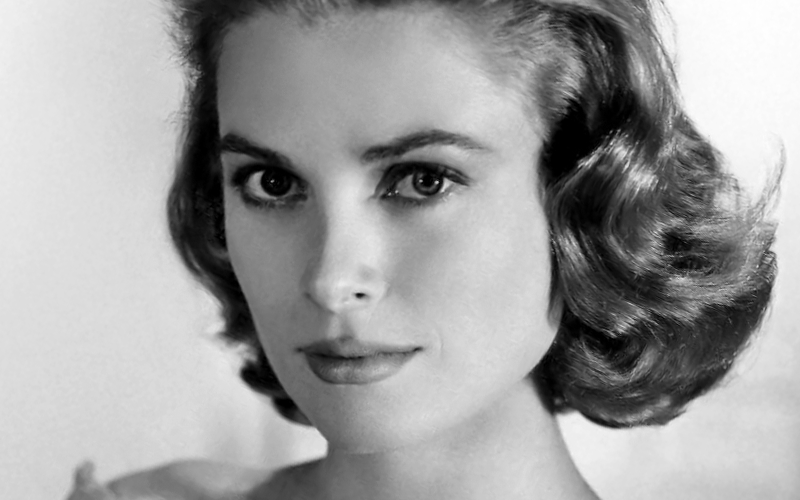Why Legendary MLB Ace Pitcher Warren Spahn Was Blackballed From Managing
The baseball Hall-of-Famer wanted to manage when his playing days were over, but big league teams didn’t want him
Left-handed pitcher Warren Spahn was a model of consistency and success during a lengthy big league baseball career. A veritable ace for nearly two decades, he remains in the conversation as one of the best hurlers of all time. Unfortunately, his success didn’t always translate into the respect he was due, including his inability to land a major league managing job once his playing days were over.
Over the course of his amazing career, which spanned from 1942; 1946- 1965 (He missed three full seasons due to military service), Spahn amassed an impressive collection of statistics and accomplishments. He was a 17-time All-Star and won the Cy Young Award in 1957, the year the award was first introduced. His devastating fastball was complemented by a sweeping curveball and a crafty changeup, which all helped make him an intimidating force on the mound.
His greatest success came with the Boston/Milwaukee Braves. During his time with them, he reached the milestone of 300 career victories, finishing with an incredible career total of 363 wins, the most by a left-handed pitcher in MLB history, and still the sixth-most of all time. Known for his longevity and durability, he led the league in complete games nine times, and won 20 or more games 13 times during his career. He even pitched a no-hitter in 1960 at the age of 39. After 21 years in the big leagues, he finished with a career mark of 363–229 with a 3.09 ERA, 382 complete games, and 63 shutouts. He was inducted into the Baseball Hall of Fame in 1973.
With his resume, one might think he was greatly respected. To the contrary, he was desirous of landing a big league managing job once his playing days were over, but found himself on the outside looking in, simply because of the position he played. He explained his predicament in a November 5, 1975 article that appeared in the Palladium-Item:
“How can they disqualify a man as a major league manager simply on the grounds he was a pitcher? I think it’s perfectly ridiculous. What about Freddie Hutchison? Did being a pitcher detract at all from his efficiency as a manager? How about Bob Lemon? Or Ted Lyons?”
Spahn was incredulous that he was being excluded from managerial consideration because he had been a pitcher. However, he had no doubts whatsoever that that was the reason:
“I can’t understand why some baseball people have the idea that former pitchers aren’t qualified to be major league managers. I remember talking about this once to John Quinn. He told me he preferred to have former infielders manage his ball clubs. They were his first choice, catchers second and outfielders third. Pitchers were last.”
The former hurler had played for some good managers in the past, which should have only given him better credentials to one day lead from the bench. However, he didn’t always have their respect. He recounted one instance when he greatly angered the legendary Casey Stengel when he was with Boston, due to his inability to follow instructions:
“I often say I played for him before he was a genius, when he was managing the Boston Bees. One day we were playing the Dodgers and they were stealing out signs. To discourage them, Casey ordered me to knock down their hitters. Pee Wee Reese was the first hitter, and I missed him. I threw the ball high and in, and Pee Wee pulled his head outta the way.
“My next pitch was over his head, and Casey came out and took me outta the game. ‘Son, go pick up your train ticket to Hartford,’ he said. ‘You gotta learn better control than that.’”
The closest Spahn ever got to managing was a five-year stint (1967–1971) he spent with the Tulsa Oilers in the minor leagues. He found great success there, winning a total of 372 games and capturing the 1968 Pacific Coast League championship. Unfortunately, this wasn’t enough to elicit any offers from the majors to lead a team. Instead, he had to settle for serving as a pitching coach for Cleveland, in addition to additional stints coaching in the minors and Japan before he finally left the game.
Unfortunately, success doesn’t always breed respect. Spahn learned that the hard way, as he was unable to parlay his sparkling playing career into what he truly wanted to do once he was no longer playing.








